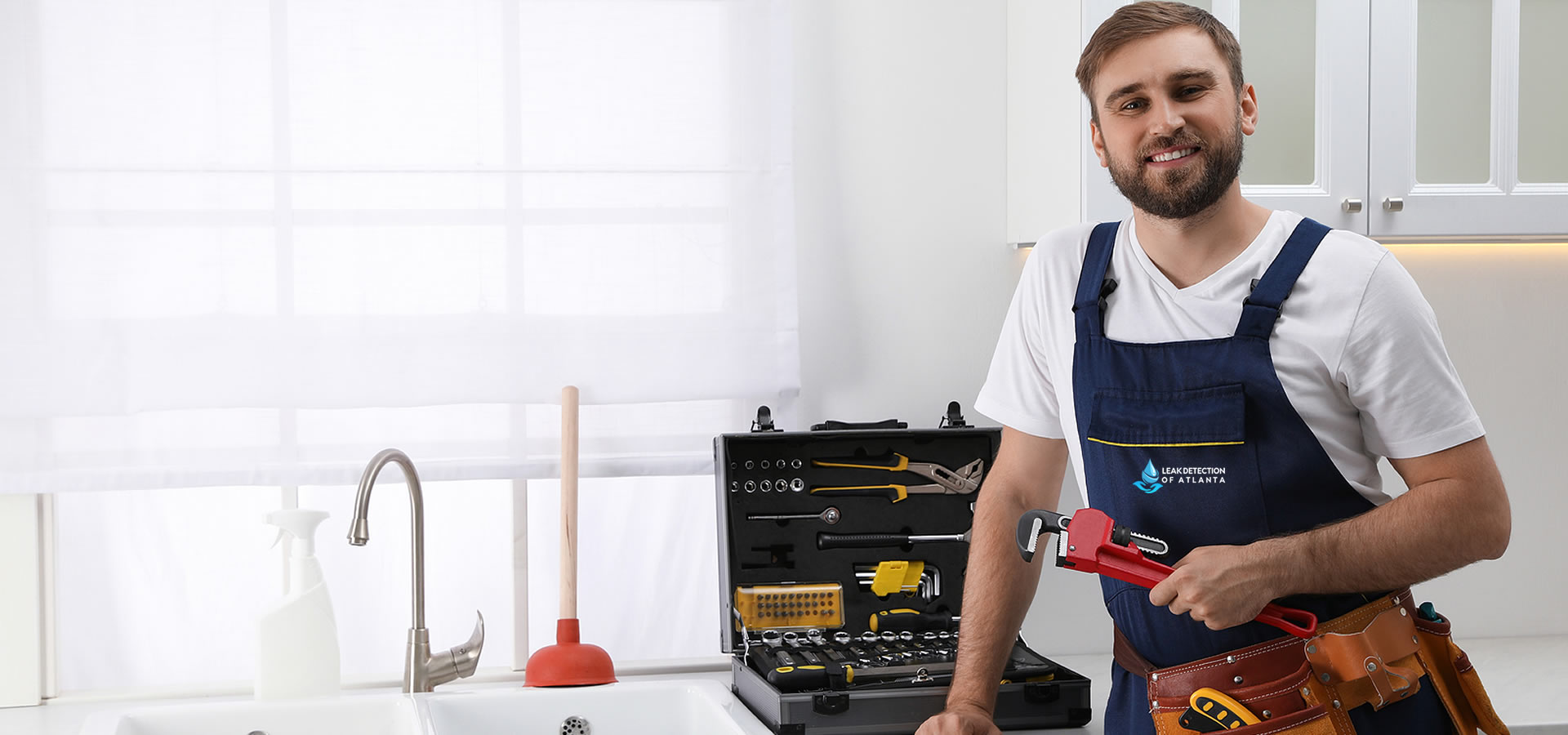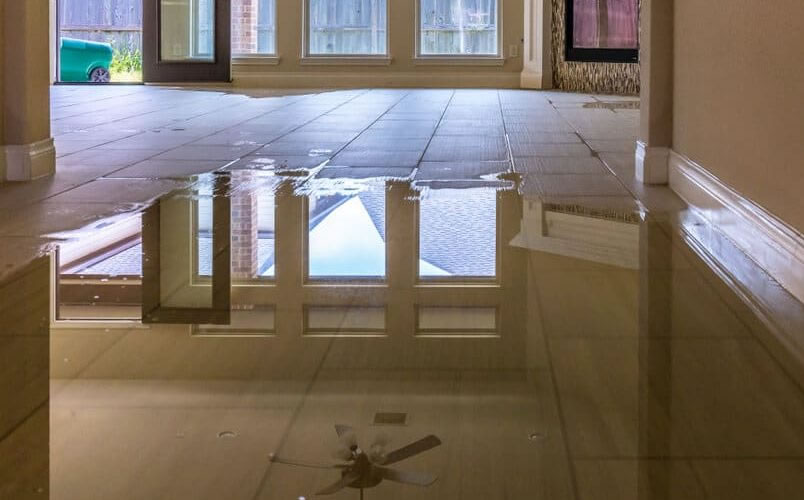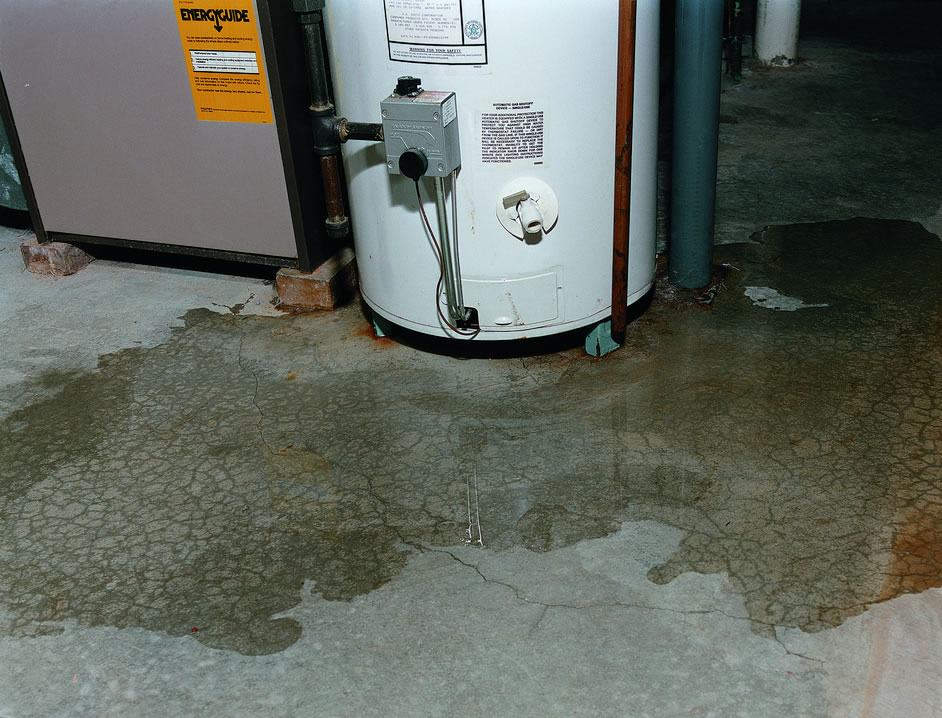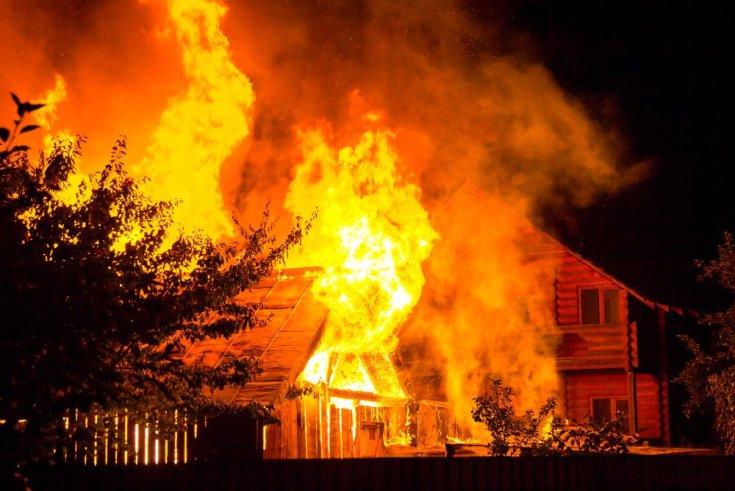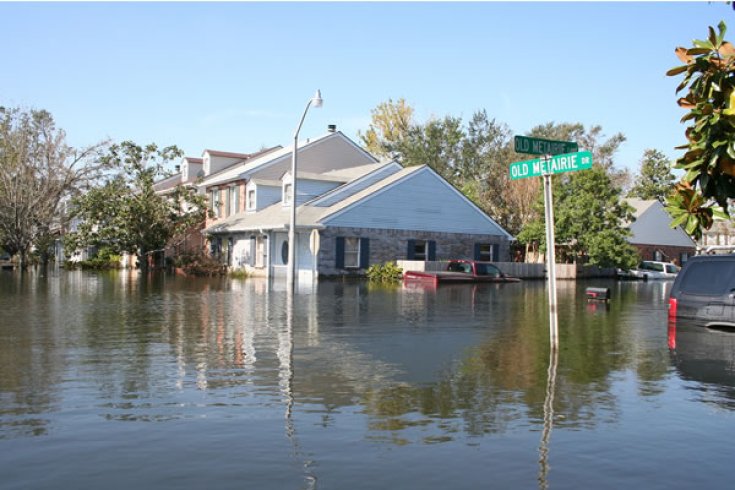Preparing for Water Damage Disaster for Properties
The worst nightmare for a homeowner would be water damage. Water damage can cause havoc on your house, necessitating expensive repairs and a great deal of stress, regardless of the cause—a burst pipe, a leaking roof, or a natural disaster. However, you can reduce the possibility of water damage and assure a prompt reaction if it does happen with adequate planning and preventative steps.
In this blog post, our professionals from Leak Detection of Atlanta will explore how to prepare for water damage disasters and the crucial steps involved in water damage restoration, removal, and cleanup.
Preparing for Water Damage Disaster
- Regular Property Maintenance: Keeping up with regular property maintenance is one of the first steps in preventing water damage. Regularly check your house or place of business for leaks, cracks, or foundation, plumbing, or roofing wear and tear. Small problems should be resolved right away to avoid major ones later on.
- Install Appropriate Drainage: Ensure that your property is equipped with sufficient drainage systems. Water should not be directed toward your property by gutters, downspouts, or grading. The risk of flooding can be decreased by using proper drainage to stop water from building up near your foundation.
- Invest in Water Alarms: They are a cheap and reliable way to find leaks early. These tools can instantly notify you of any water-related problems, enabling you to take urgent action before the harm worsens.
- Insulate Pipes: Pipe insulation is important because frozen pipes can break throughout the winter and result in considerable water damage. To avoid freezing and breaking, properly insulate your pipes, especially in regions subject to cold weather.
Water Damage Restoration, Removal, and Cleanup
Your greatest efforts won't always prevent water damage. When it does, it's critical to take swift and effective action to limit the damage and stop the spread of mold. What you need know about cleaning, removing, and restoring water damage is as follows:
- Safety First: Prioritize safety before beginning any water damage cleanup or repair operation. To prevent any dangers, shut off the gas and power. It might be safer to leave the house until experts come if the water damage is severe.
- Call the Pros: It is better to leave water damage restoration to the professionals. Professionals who have received certification in water damage restoration are equipped, knowledgeable, and trained to handle water damage. Make as soon as possible contact with a reputable restoration business.
- Assess the Damage: To ascertain the degree of the water damage and the measures required for restoration, experts will carry out a complete evaluation of the damage. This evaluation aids in creating a customized strategy to handle the particular problems with your house.
- Water Removal: Removing any standing water is the first stage in the restoration procedure. To remove standing water, experts employ strong vacuums and pumps. This step is essential to stop more harm from occurring and lower the possibility of mold growth.
- Drying and Dehumidification: The affected areas need to be completely dried after the water has been removed. Excessive moisture on walls, floors, and possessions is removed using industrial-grade dehumidifiers and drying equipment.
- Cleaning and Sanitizing: Once the area has dried, cleaning and sanitizing are crucial to stop the formation of bacteria and mold. All impacted materials and surfaces are completely cleaned, sanitized, and deodorized.
- Repairs and Restoration: The last phase entails fixing and restoring any harmed materials or structures. This can entail updating your property's flooring, drywall, insulation, or other components.
Need a Reliable Company?
Are you in need of a water damage removal? Luckily, we at Leak Detection of Atlanta have dedicated workers ready at your service. Contact our representatives for more questions.

